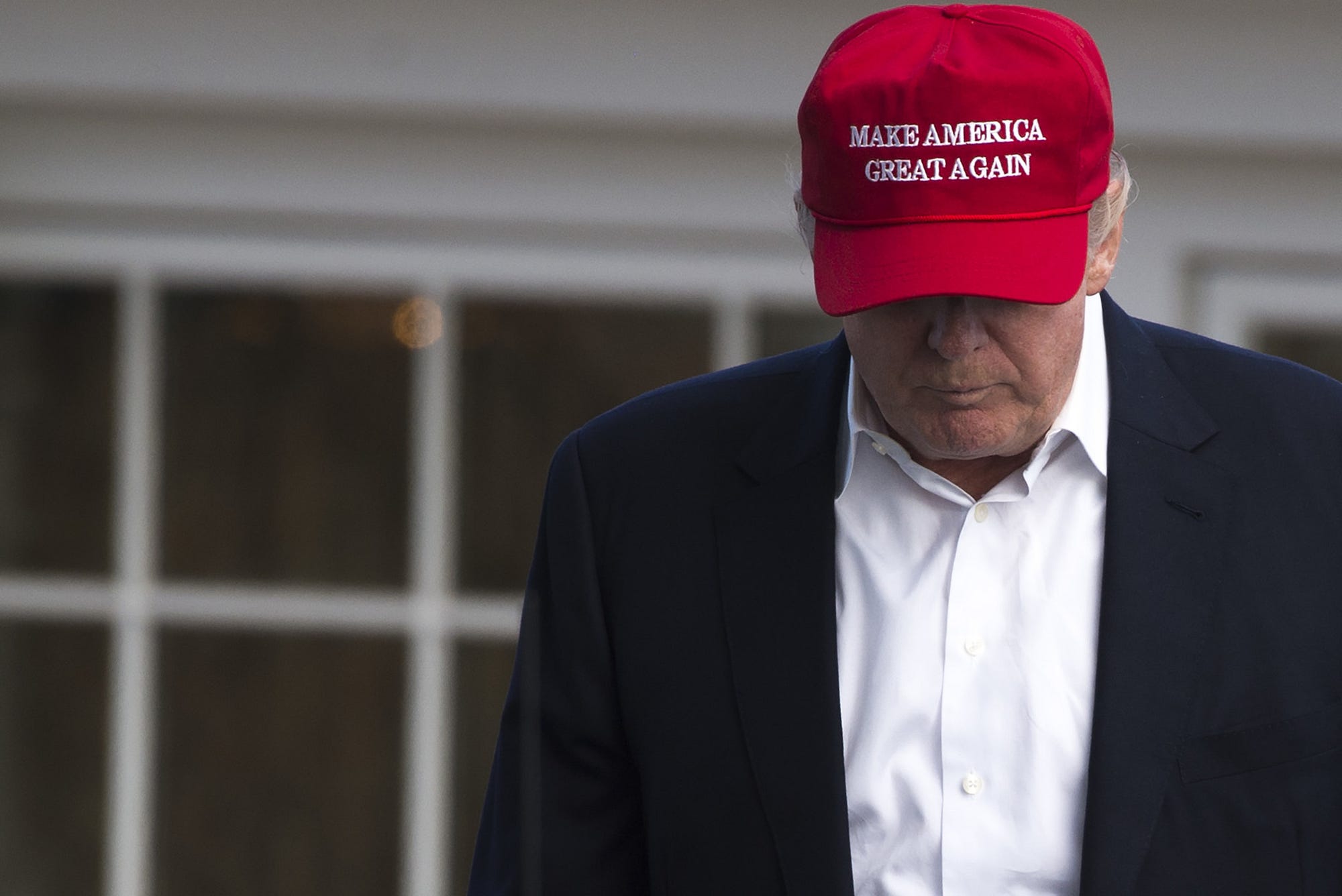The End of the American Experiment
It's Over. So What Can the World Learn?
It's safe to say, I think, that the American experiment is at an end. No, America might not be finished as in civil war and secession. But it is clearly at an end in three ways.
First, to the world, as a serious democracy. Second, to itself, as a nation with dignity and self-respect. Third, its potential lies in ruins. Even if authoritarianism is toppled tomorrow, the problems of falling life expectancy, an imploding middle class, skyrocketing inequality, and so on, won't be.
Now, like many fallen nations, maybe America won't learn much from the failure of its own experiment — but history and the world surely can. So what has the experiment disproven? What was the null hypothesis?
We don't have to look very far. What does America not have that the rest of the rich world does? Public healthcare, transport, education, and so on. Every single rich nation in the world has sophisticated, broad, and expansive public goods, that improve by the year. Today, even many medium income and even poor nations are building public healthcare, transport, etc. America is the only one that never developed any. Public goods protect societies in deep, profound, invisible ways (we'll get to that).
First, here is the really curious thing. American leaders are pretending like the relationship above is a great, confounding mystery. Like dumbfounded dinosaurs watching the mushroom cloud engulf the land, never — not once — in American media will you read a column, hear a voice, or see a face discussing the above. It has never happened a single time in my adult lifetime as far as I can remember. Yet the relationship couldn't be any more obvious, clear, or striking: no public goods are what uniquely separates America, the uniquely failed state, from the rest of the world.
Why is that? It would be easy for me to say that public goods represent some kind of a hard-fought compromise between left and right. But I think there is a social truth greater that is far more substantial than the surface political reality.
Working societies — if they are to endure, grow, and cohere, if they are to prosper, hang together, and really mature — need moral universals. Moral universals are simply things that people believe everyone should have. In the UK, those things — those moral universals — are healthcare and media and welfare. In Germany, they are healthcare and media and welfare and higher education. And so on.
Moral universals anchor a society in a genuinely shared prosperity. Not just because they "spread the wealth", though they do: because, more deeply, moral universals civilize people. They are what let people grow to become sane, humane, intelligent human beings. A person that is desperate for a meal will resort to whatever they must to feed their kids. A person constantly fed a stream of nonsense by Fox News will end up believing the earth is flat. Moral universals let people act morally, and acting morally is what the process of civilization is.
Democracy therefore depends on moral universals. It is probably fairly hard, in the scope of human history, to establish a democracy. But it is harder still to keep it going. A democracy requires, before it demands votes, sane, humane, civilized people to vote. A society that cannot create sane, humane, civilized people can therefore no more reasonably stay a democracy than a global economy can be powered by fossil fuels forever. At some point, without moral universals to create citizens worthy of the word, democracy runs out of gas.
So: what really went wrong in America? Moral universals civilize people, but there aren't any moral universals. The public goods universals result in educate, inform, train, school people, let them live long and peaceful lives. But Americans — whether it is today's extremists or yesterday's slave-auctioneers and owners — believe that moral universals are just a "cost", a "tax", and so forth. They have never seen — and still don't see — the benefits: the civilizing process that democracy depends vitally on.
Thus, in America today, there are no broad, genuine, or accessible civilizing mechanisms left. As a simple example, America's best universities churn out…hedge-fund traders. It's economy is largely composed of…paper gains to the .01%. It's media debates…climate change. And so on. The natural consequence of failing to civilize is breaking down as a democracy — democracy no longer exists in the sense of "people cooperating by voting to give each other greater prosperity". They have merely learned to take prosperity away from one another. Whether by denying one another doctors, schools, trains, and so on. That is what a lack of civilization really results in, or to put more prosaically, there is no sanity or humanity, much less reason, wisdom, or virtue in such decisions — only nihilism, fatalism, and despair.
And that is what the end of the American experiment proves. Without moral universals, there is no process of civilization, and democracy itself can no longer continue to grow and develop. The painful irony is that American intellectuals are concerned about Western civilization. LOL. The West, such as it is, will be just fine: it is America where civilization, as a verb, a process, a way of moral being in the world, has broken down.
Even prisons have moral universals. There is only one other place in the world I can think of with none. A jungle.
Umair
July 2017




No comments:
Post a Comment